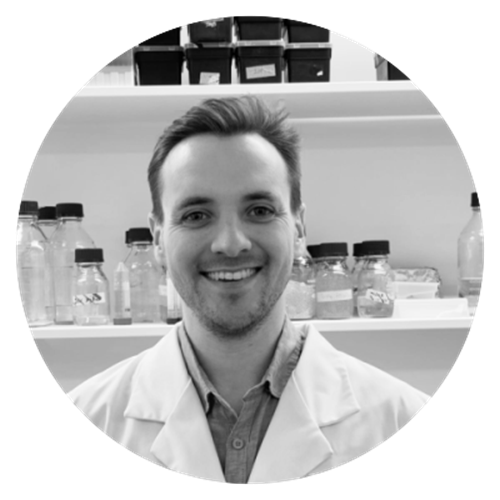


In the recent years, new healthy ingredients and additives have been developed including vitamins, minerals, functional lipids as well as peptides and proteins. The major challenge is their application in food products since they are prone to degradation resulting in the loss of their functionality and bioavailability.
Microencapsulation denotes a process in which active components are surrounded or embedded in a matrix providing the necessary isolation and protection. Additionally, it allows the controlled release of the encapsulated substance. Cold extrusion is a technique by which a liquid or semiliquid product is forced through a die opening of a defined cross section at low temperatures. It is advantageous in many encapsulation applications since it is a versatile and low cost technology. Due to a moderate process temperature below 50 °C, the functionality of heat-sensitive substances is not affected.
Recent research activities have been focused on the encapsulation of omega-3 oil, vitamins, functional proteins and flavours based on different matrix materials such as starch, fat, and sugar. The application for further ingredients will require the identification of suitable matrix materials, the establishment of stable process conditions and the usage of advanced analytical methods to ensure the capsules’ functionality.
This presentation focuses on the process technology, recent developments, and application potentials of encapsulation by cold extrusion.
 Ir. Michiel Schreurs
PhD Student, VIB-KU Leuven
Ir. Michiel Schreurs
PhD Student, VIB-KU Leuven
 Dr. ir. Eric De Maerteleire
Bioengineer, Doctor of Agricultural Sciences and Applied Biological Sciences
Dr. ir. Eric De Maerteleire
Bioengineer, Doctor of Agricultural Sciences and Applied Biological Sciences
 Ir. Lynn Verstrepen
Bioengineer, Director Product Management, Bestmix
Ir. Lynn Verstrepen
Bioengineer, Director Product Management, Bestmix
 Bernard Lahousse
Co-Founder, Foodpairing
Bernard Lahousse
Co-Founder, Foodpairing
 Prof. dr. Xavier Gellynck
Faculty of Bioscience Engineering - Department of Agricultural Economics, University of Ghent
Prof. dr. Xavier Gellynck
Faculty of Bioscience Engineering - Department of Agricultural Economics, University of Ghent
 Hilde Van der Straeten
Investment Director, Korys
Hilde Van der Straeten
Investment Director, Korys
 Ir. Tess Plaquet
Business Development Manager, Rousselot
Ir. Tess Plaquet
Business Development Manager, Rousselot
 Ir. Claudia Delbaere
General Manager, Cacaolab
Ir. Claudia Delbaere
General Manager, Cacaolab